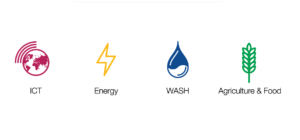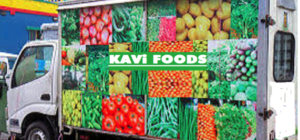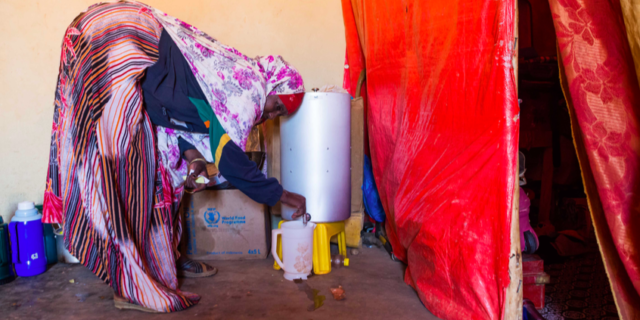Ethiopia-based company Desert Rose is adopting an inclusive innovation approach in developing its MINCH Water Filters. We spoke to business manager Jasper du Plessis to learn more about what makes them unique.
Can you please introduce Desert Rose?
Desert Rose is a company created in 2009 as a platform to reach into rural Ethiopia and have positive impact. The background of one of our in-house engineers, Andrew Smith, is water filtration, so naturally we started in that sector, which later led to the development of our MINCH Water Filter.
How did MINCH Water Filters get started? What problem are you trying to address?
Recent WHO/UNICEF surveys show that only 13% of Ethiopians have access to improved sources of bacteria-free water. [WHO/UNICEF: JMP 2016]. Andrew had long been working with water filters available on international markets and trying to implement them in Ethiopia. However the design of those products did not fully fit the local context and people - eventually we decided to develop a own product, a unique innovation designed in Ethiopia for Ethiopians.
MINCH Water Filters started as a full time project in 2016. We developed a first test model and conducted initial testing in our own lab. We then introduced it to the local government who loved the concept and signed an MoU with us - we then tested our products in government labs which resulted in positive results. In Early 2017 we started field trials.
What makes your product unique?
Most water filters available on the market come in plastic buckets that in rural conditions get eaten by rats or end up breaking. Many of them also have membrane filters that are too complex to clean and that eventually rupture without users realizing it. Current water filters also often lack a container for the filtered water, which means users are simply re-contaminating the filtered water by pouring it into dirty jerry cans.
At MINCH we tried to address these, together with the rest of our context related specifications. First of all, our water filter is made of metal, which increases its durability. It comes with a compartment that can keep a large amount of clean, filtrated water. MINCH uses a lose media filter. This lose media filter does not crack like ceramic or clay filters do - it also does not require heat to manufacture it, so it is better for the environment. We do not use chemicals -the filtration is done through pores so small that bacteria cannot go through them.
Because our filtering membrane is granular, we can easily add other components and customize the filtration to local needs. For example, excess fluoride is a big problem in the Rift valley - the excess fluoride in the water breaks down the bone structure of those who drink it. With MINCH, we can add another component to the filter cartridge to remove the excess fluoride. We have deployed fluoride removing filters in the Rift Valley with great success. This filter is therefore highly applicable and scalable in the wider regional context.
What lessons have you learned along the way?
A key lesson we learned is that understanding the structures, context and approaches of local NGOs and government is critical. We partner with the local government who endorse and promote our product through their networks. We also partner with NGOs (e.g. Oxfam, Catholic Relief Services) when we introduce the filters in a new community - NGOs have the data, relationships and WASH trainings in place to help us enter new communities successfully. Desert Rose then follows up with our local sales agents to engage with these communities. Both NGOs and government have high ambitions to reach their WASH targets and therefore have strong incentives to see us succeed.
Because we are local, we understand local challenges and can adjust accordingly. For example, local people don’t always understand the connection between members of their family getting sick and the contaminated water they are drinking. Additionally, one of the main reasons people buy water filters is because of the nice shiny water container they then have in their house, not necessarily for the filtration itself. Through our partnerships we can educate users and reduce the rate of certain diseases.
What successes have you experienced so far?
One key success for us came when a local water research and action initiative; called “WET-Centre,” that is funded and guided by CAWST - a Canadian organization researching the quality of water filters for challenging conditions - compared 5 different filters, available in the Ethiopian market, side by side for their performance within the rural setting. They assessed that MINCH was the only filter in their subject local field trial, that removed 100% of E.Coli bacteria and at the same time had zero percent failure rate. Our product has shown itself in the field-test as much better contextualized for the local market and is the preferred filter by these local communities in which these comparative field tests were conducted. The fact that we have track record of customizing our offering to specific needs, such as addressing the fluoride concern in the Rift Valley, is also a huge success for us.
Would you also want to get your venture featured in a blog post on IBA? Email [email protected]



